One of the most eagerly awaited events of the year is the solar eclipse, which is expected to occur on Monday (weather allowing) and be seen by an estimated 31 million Americans.
Checking to see if the solar eclipse glasses you have managed to obtain, whether free or at a cost, have been approved for use during a solar eclipse is one of the greatest methods to guarantee that you will be able to enjoy this rare occasion securely and comfortably.
The following is information about solar eclipse glasses that have received ISO certification from the International Organization for Standardization.
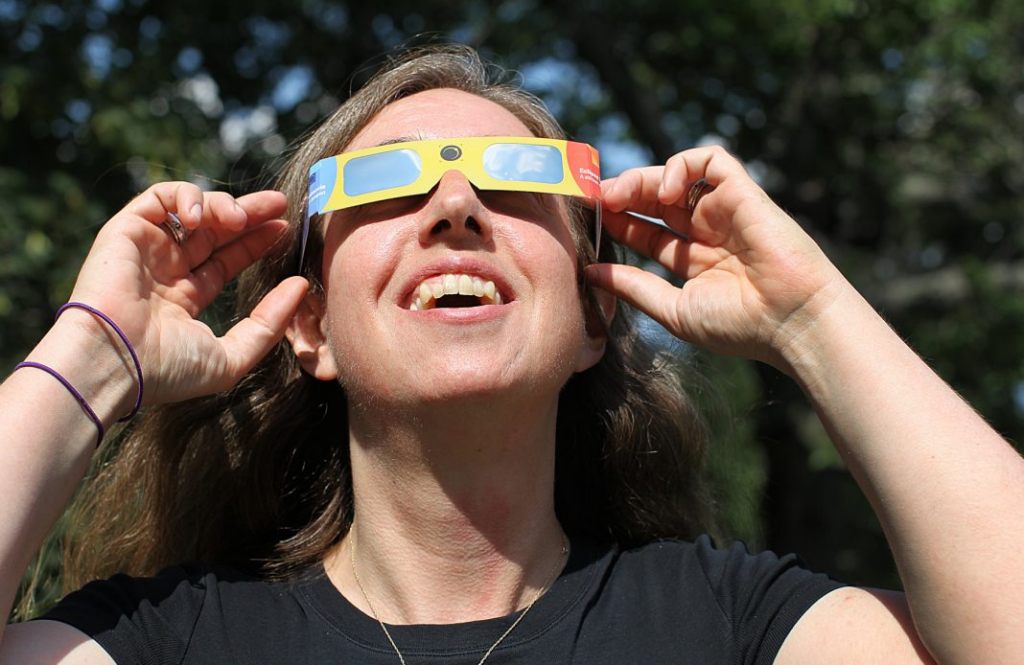
Also Read: GT vs PBKS IPL 2024 Match: Punjab Kings win by 3 wickets against Gujarat Titans
What does ISO mean?
The American Mathematical Society defines ISO as an acronym for International Organization Standardization, a “non-governmental organization composed of members from the national standards bodies of 167 countries.”
“Develop international standards for a wide range of activities, including the manufacture of products, management of processes, and delivery of services,” is the mission of the ISO, which has its headquarters in Switzerland.
About 45,000 subject matter experts participate, working with numerous technical committees, subcommittees, and working groups to assist in this endeavor.
The standards set, at least in the words of ISO, can be “described as the best way of doing something.”
“‘Best’ can mean ‘most efficient,’ ‘most cost-effective,’ ‘most sustainable’ or some other appropriate superlative depending on the activity,” the Astronomical Society wrote.
What are ISO-certified solar eclipse glasses?
Eclipse glasses that are “ISO certified” means that those lenses you either purchased or got for free are considered safe to use in the event of a particular celestial phenomenon, such as a solar eclipse.
Proper eclipse glasses are 100,000 times darker than sunglasses to block nearly all visible, infrared, and ultraviolet light and protect our sensitive retinas when looking toward the sun.
The ISO has established a standard for “direct observation of the sun” that is categorized as “ISO 12312-2:2015.” This means that any goods that are sold or promoted as “solar eclipse” viewing glasses and meet this standard will offer a “comfortable view” and “protect your eyes from injury.”
ISO 12312-2:2015, according to the American Astronomical Society, “supersedes” a patchwork of previous national and regional standards. In 2015, it was first “adopted,” and five years later, it was “affirmed.”
Therefore, it might be “not recommended to buy or use such a product, as failure to meet the requirements of an applicable standard likely means the product is not genuinely safe, not well suited to its purpose, or both” if you purchase eclipse glasses from unapproved suppliers.
For additional safety information on standard application, requirements, and conformance assessment, see the website of the American Astronomical Society.
Does NASA certify solar eclipse glasses?
No, NASA isn’t in the business of “endorsing any sort of merchandise.”
“We are simply not a certification agency,” a NASA spokeswoman previously told USA TODAY.
So, be wary of any solar eclipse merch, or solar eclipse glasses that claim to be endorsed by NASA.
Also Read: How much prize money does the winner get at the Valero Texas Open?
Where can you get ISO solar eclipse glasses?
Before you check out the list of places you can get ISO glasses below, make sure you double-check that the glasses you were given or are purchasing can be used to safely observe the solar eclipse.
You can check if your specs are ISO-certified by visiting the online list of verified North American vendors compiled by the Astronomical Society.
Another way to check if your glasses are safe for use is to look for an ISO label somewhere on the product, USA TODAY previously reported.
There is a chance “you could permanently damage your eyes or lose vision forever” on eclipse day if you opt out of protective eyewear. Even observing the eclipse through camera lenses, binoculars and telescopes without a specialized solar filter could instantly cause severe eye injury, USA TODAY reported.
A couple of vendors that might still have ISO-certified solar eclipse glasses, for free or for purchase, at Great American Eclipse, National Eclipse, American Paper Optics, or Warby Parker.
Government organizations and participating public libraries may be able to provide pairs of solar eclipse glasses, while supplies last.
What is the path of the eclipse?
The solar eclipse is set to chart a 115-mile-wide path of totality, shrouding portions of Mexico, the United States, and Canada in unnatural darkness and unveiling the sun’s elusive outermost layer for a brief moment.


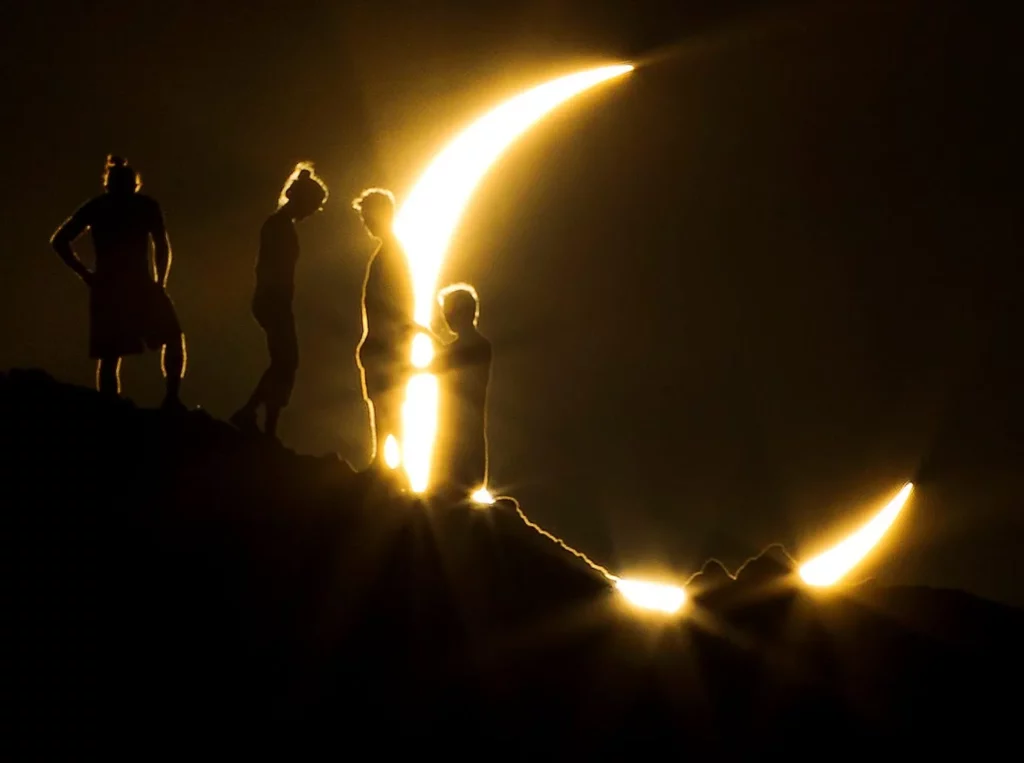
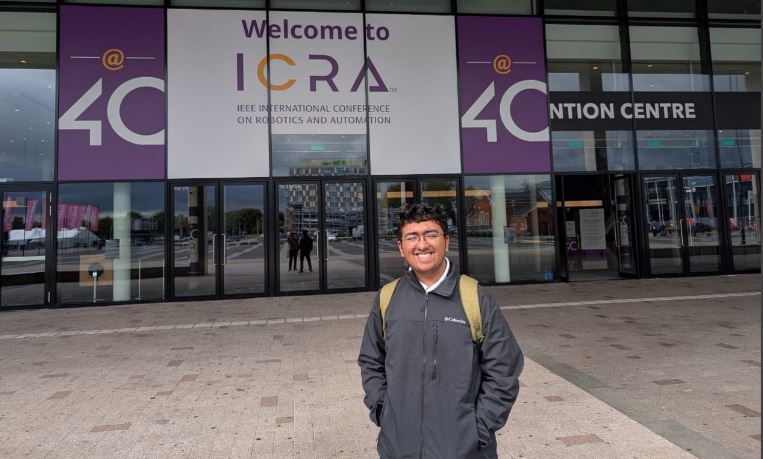

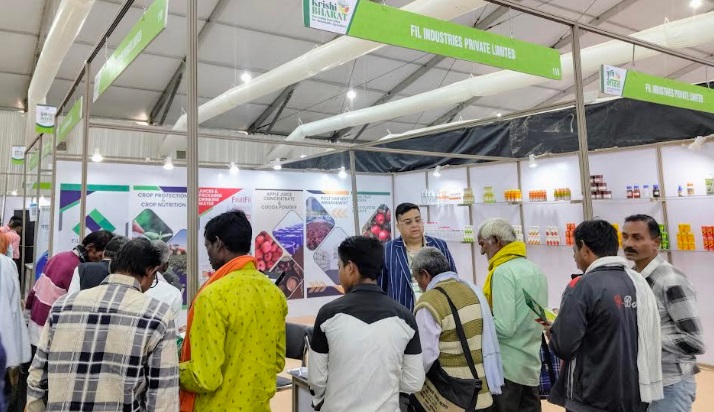


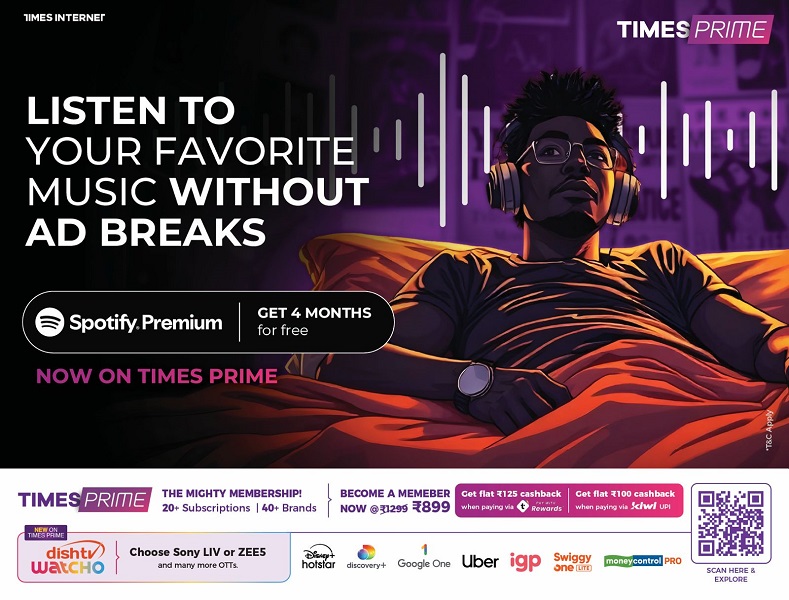

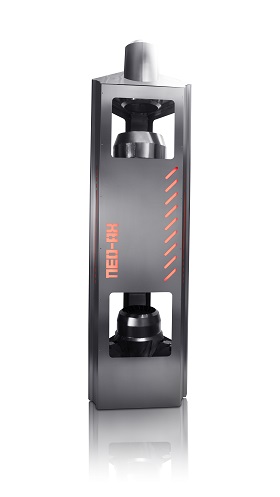
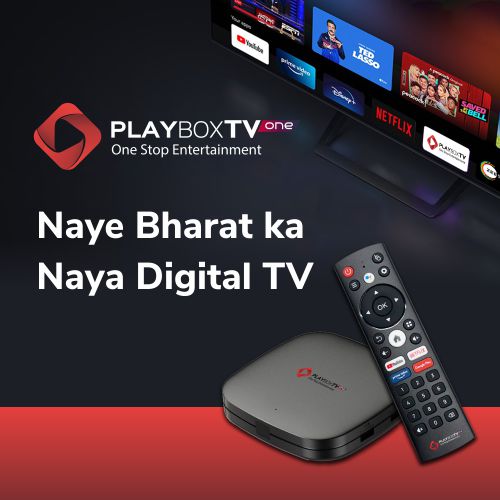
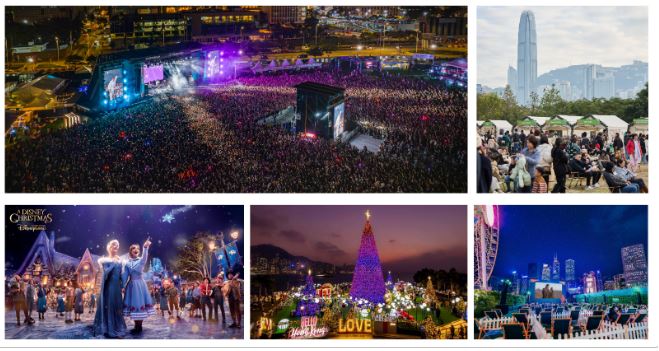




Reader Interactions